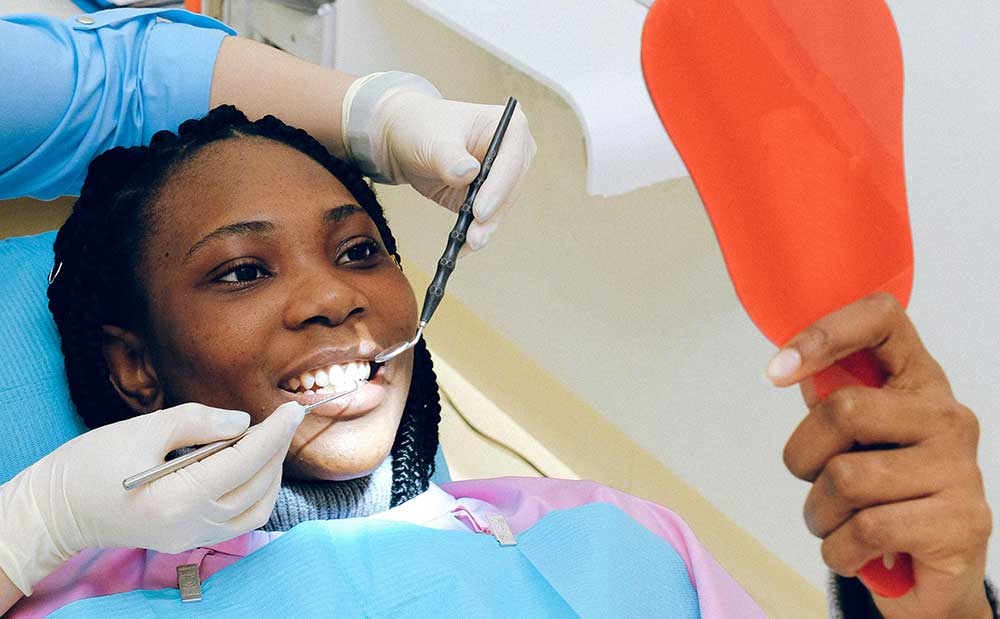BEST SENSITIVE TEETH TREATMENT:
HOW TO FIND FAST RELIEF
Table of Contents
Sensitive Teeth Treatment: How to Get Lasting Relief
Do you experience sharp pain when eating hot, cold, sweet, or acidic foods? If so, you may have sensitive teeth. This common condition affects millions and can make daily activities like drinking coffee or eating ice cream uncomfortable. Fortunately, there are effective sensitive teeth treatments to help you regain comfort and protect your enamel.
What Causes Sensitive Teeth?
Tooth sensitivity occurs when the protective enamel wears down, exposing the underlying dentin and nerve endings. Common causes include:
- Brushing Too Hard – Using a hard-bristled toothbrush or applying too much pressure can erode enamel.
- Gum Recession – Exposed tooth roots can increase sensitivity.
- Tooth Decay & Cavities – Weakened enamel makes teeth more sensitive.
- Acidic Foods & Drinks – Citrus fruits, soda, and wine can erode enamel over time.
- Teeth Grinding (Bruxism) – Constant grinding wears down enamel and increases sensitivity.
- Whitening Products – Some bleaching agents can temporarily make teeth more sensitive.

Best Sensitive Teeth Treatment Options
If you suffer from tooth sensitivity, the good news is that there are several treatment options available:
- Desensitizing Toothpaste – Special formulas help block pain signals from reaching the nerves.
- Fluoride Treatments – Strengthens enamel and reduces sensitivity over time.
- Dental Bonding – Covers exposed tooth roots to protect against discomfort.
- Mouthguards for Teeth Grinding – Prevents further enamel erosion caused by grinding.
- Gum Grafts – For severe gum recession, grafting procedures can cover exposed roots.
How to Prevent Sensitive Teeth
Preventing tooth sensitivity starts with good oral hygiene and a few simple changes:
- Use a soft-bristled toothbrush and avoid aggressive brushing.
- Limit acidic foods and drinks to protect enamel.
- Maintain regular dental checkups for early detection of enamel erosion.
- Consider using a fluoride mouthwash for added protection.
When to See a Dentist for Tooth Sensitivity
If tooth sensitivity persists despite using at-home treatments, it’s time to see a dentist. Persistent pain may indicate cavities, gum disease, or enamel loss that require professional care.
Find the Best Sensitive Teeth Treatment Today
Don’t let tooth sensitivity affect your daily life. With the right sensitive teeth treatment, you can enjoy your favorite foods and drinks without discomfort. Schedule an appointment with your dentist to find the best solution for lasting relief!
